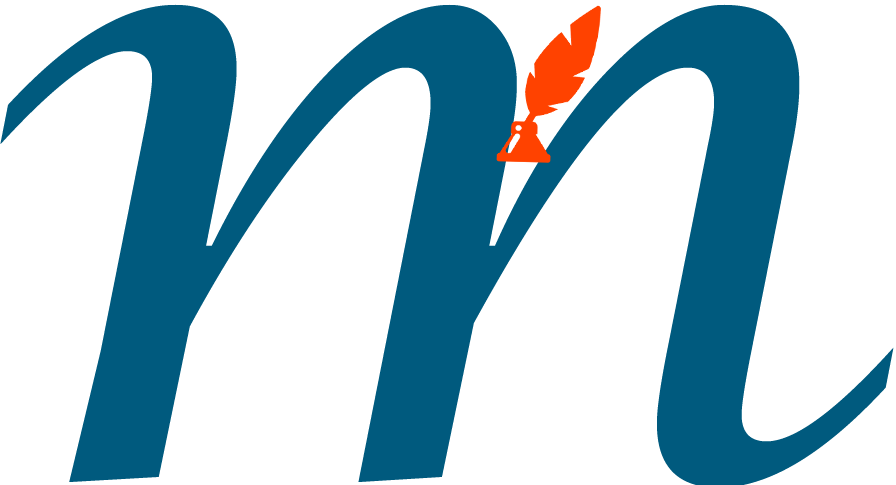The following FREE practice test is the twenty-seventh one of the Life in the UK Test. This practice exam has 24 questions in total.
All the questions are set to help you learn about the UK and efficiently prepare for the real exam because passing the Life in the UK test is part of demonstrating that you are ready to become a permanent migrant to the UK.
Keep practising until and unless you are confident enough to write the actual Test and 100% correct with your answer to our practice tests. Good Luck!!!
Select the right answer to Life in the UK Test – 27 by clicking one:
Results
%3Cem%3EExcellent!%3C%2Fem%3E%20%3Ca%20href%3D%22https%3A%2F%2Fbritish-citizenship-test.musitrature.com%2Flife-in-the-uk-test-arts-culture-language%2F%22%3ETry%20the%20NEXT%20test%3C%2Fa%3E.
%3Ca%20href%3D%22https%3A%2F%2Fbritish-citizenship-test.musitrature.com%2Flife-in-the-uk-test-27%2F%22%3ETry%20Again!%3C%2Fa%3E
#1. When is Bonfire Night celebrated?
#2. Why is Britain a fantastic place to live?
#3. Which of the following principles is included in the European Convention of Human Rights?
#4. The Edinburgh Festival is held________ in Edinburgh, Scotland.
#5. How many members has the Council of Europe?
*The Council of Europe is separated from the EU. It has 47 member countries, including the UK, and is responsible for the protection and promotion of human rights in those countries.
#6. What was the name of the European Union when it was first established?
#7. Identify the Commonwealth country below.
*The Commonwealth is an association of countries that support each other and work together towards shared goals in democracy and development. Most member states were once part of the British Empire, although a few countries which were not have also joined.
The Queen is the ceremonial head of the Commonwealth, which currently has 54 member states. Membership is voluntary. The Commonwealth has no power over its members, although it can suspend membership. The Commonwealth is based on the core values of democracy, good government and the rule of law.
Commonwealth members
- Antigua and Barbuda
- Australia
- The Bahamas
- Bangladesh
- Barbados
- Belize
- Botswana
- Brunei Darussalam
- Cameroon
- Canada
- Cyprus
- Dominica
- Fiji (currently suspended)
- The Gambia
- Ghana
- Grenada
- Guyana
- India
- Jamaica
- Kenya
- Kiribati
- Lesotho
- Malawi
- Malaysia
- Maldives
- Malta
- Mauritius
- Mozambique
- Namibia
- Nauru
- New Zealand
- Nigeria
- Pakistan
- Papua New Guinea
- Rwanda
- Samoa
- Seychelles
- Sierra Leone
- Singapore
- Solomon Islands
- South Africa
- Sri Lanka
- St Kitts and Nevis
- St Lucia
- St Vincent and the Grenadines
- Swaziland
- Tanzania
- Tonga
- Trinidad and Tobago
- Tuvalu
- Uganda
- UK
- Vanuatu
- Zambia
#8. Who was the first Archbishop of Canterbury?
#9. The UK offers to its residents and citizens which of the following?
- freedom of belief and religion
- freedom of speech
- freedom from unfair discrimination
- a right to a fair trial
- a right to join in the election of a government.
#10. How much population died as a result of the Black Death in England?
#11. Identify the commonwealth country from the following.
*The Commonwealth is an association of countries that support each other and work together towards shared goals in democracy and development. Most member states were once part of the British Empire, although a few countries which were not have also joined.
The Queen is the ceremonial head of the Commonwealth, which currently has 54 member states. Membership is voluntary. The Commonwealth has no power over its members, although it can suspend membership. The Commonwealth is based on the core values of democracy, good government and the rule of law.
Commonwealth members
- Antigua and Barbuda
- Australia
- The Bahamas
- Bangladesh
- Barbados
- Belize
- Botswana
- Brunei Darussalam
- Cameroon
- Canada
- Cyprus
- Dominica
- Fiji (currently suspended)
- The Gambia
- Ghana
- Grenada
- Guyana
- India
- Jamaica
- Kenya
- Kiribati
- Lesotho
- Malawi
- Malaysia
- Maldives
- Malta
- Mauritius
- Mozambique
- Namibia
- Nauru
- New Zealand
- Nigeria
- Pakistan
- Papua New Guinea
- Rwanda
- Samoa
- Seychelles
- Sierra Leone
- Singapore
- Solomon Islands
- South Africa
- Sri Lanka
- St Kitts and Nevis
- St Lucia
- St Vincent and the Grenadines
- Swaziland
- Tanzania
- Tonga
- Trinidad and Tobago
- Tuvalu
- Uganda
- UK
- Vanuatu
- Zambia
#12. The UN was set up after the Second World War and aims to________.
#13. What is the role of the UN Security Council?
#14. Where do UK residents need to register their car or motorcycle?
#15. Members of the European Parliament are called__________.
#16. When were the United Nations that aims to prevent war and promote international peace and security, set up?
#17. What is the festival marking the end of the Ramadan called?
#18. Who is responsible for the creation of the European Convention on Human Rights and Fundamental Freedoms?
#19. What does the NATO stand for?
#20. How many members does the UN Security Council consist of?
#21. The United States dropped atomic bombs on Japanese Hiroshima and Nagasaki in _________.
#22. Which of the following countries is NOT a member of the European Union?
*The European Union (EU), originally called the European Economic Community (EEC), was set up by six western European countries (Belgium, France, Germany, Italy, Luxembourg and the Netherlands) who signed the Treaty of Rome on 25 March 1957. The UK originally decided not to join this group but it became a member in 1973. There are now 27 EU member states. Croatia will also become a member state in 2013.
EU member states:
- Austria
- Belgium
- Bulgaria
- Cyprus
- Czech Republic
- Denmark
- Estonia
- Finland
- France
- Germany
- Greece
- Hungary
- Ireland
- Italy
- Latvia
- Lithuania
- Luxembourg
- Malta
- Netherlands
- Poland
- Portugal
- Romania
- Slovakia
- Slovenia
- Spain
- Sweden
- UK




